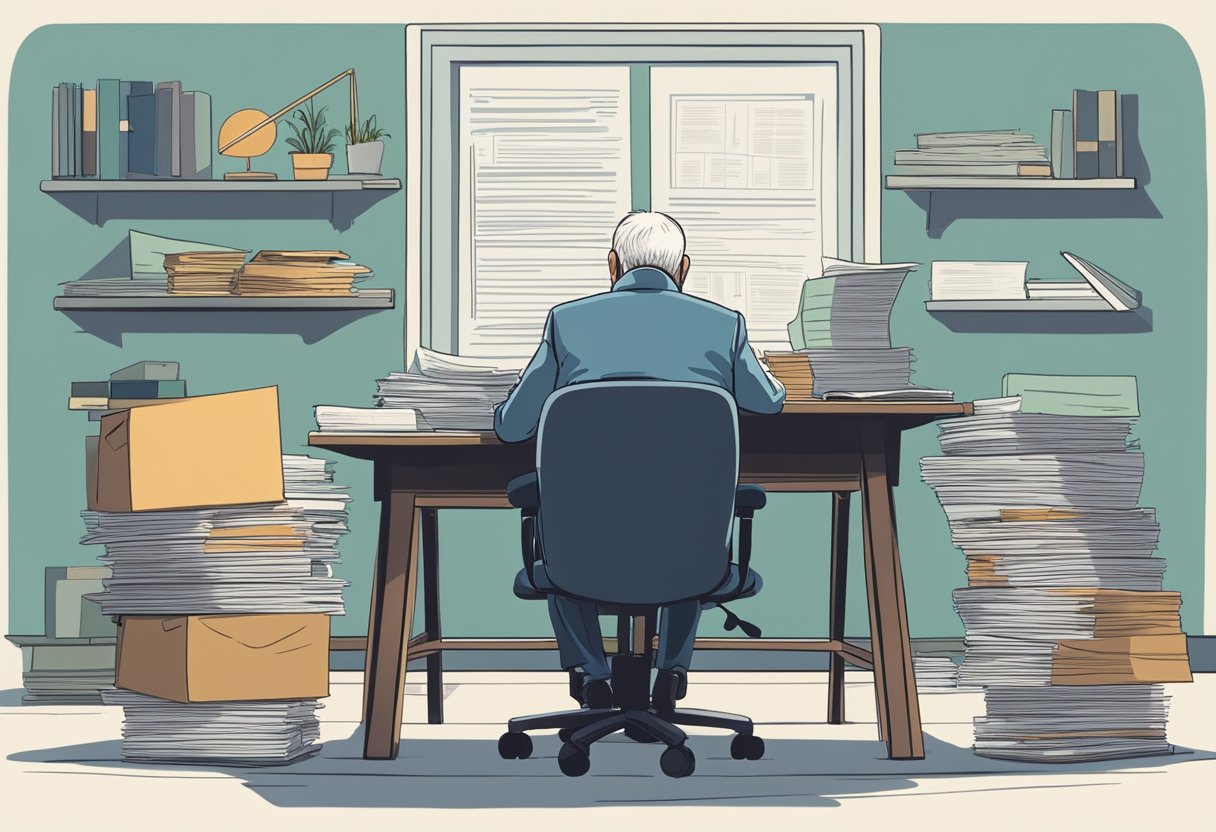Aging Without Children: Your Guide to Estate Planning and Long-Term Care
Aging without children is a reality for a significant segment of the population. Whether by choice, infertility, or circumstance, living into your later years without the traditional support network of offspring is a situation that requires consideration and planning. This article applies to couples whose children live far and away, and no one wants to move close to the other.

Your approach to aging will differ if you do not have children. The term “elder orphan” could apply to you. It may involve strengthening bonds with friends or community, considering living arrangements that provide social interaction, and being proactive about your health. Being childless does not mean you’ll be without support or companionship, but it does mean that you might have to be creative and intentional about how you build your support network as you age.
The key to aging well without children is to plan, knowing that your needs may evolve. This includes legal planning, financial preparation, and engaging with community resources. It would help to stay active and connected, as these are cornerstones of a happy and healthy later life. With the right strategies and support, you can enjoy your golden years with confidence and autonomy.
Physical and Mental Well-Being Considerations
Your physical and mental well-being are paramount as you age without children. This section focuses on understanding mental health concerns, facing physical health challenges, and organizing plans for future health needs.
Mental Health, Loneliness, and Loss of Mental Capacity
Your mental health can be significantly affected by loneliness and isolation, which are risks you may face aging without children. Studies suggest that childless men living alone may experience insufficient support, especially if they are in poor health. The loss of mental capacity, including instances of dementia, must also be considered as the need for emotional and practical support increases.
Physical Health Challenges
Physical health often declines as you age, and challenges may include chronic conditions or a lack of mobility that can complicate your activities of daily living. Engaging in regular physical activity is critical, which can help maintain independence and improve physical and mental functions.
Organizing and Planning for Future Health Needs
Planning is crucial for ensuring well-being in later life. This involves creating a supportive network that may include friends, community groups, or professional services to assist with healthcare and daily needs. Considering long-term care options and having advance directives are part of proactive planning.
Preparing for Aging without Immediate Support
When aging alone, it’s imperative to manage your affairs proactively. Detailed planning can ensure that your future care needs and preferences are respected and that your finances are handled according to your wishes.
Legal and Financial Planning
Creating a will and establishing a trust can safeguard your assets and provide clear instructions regarding your estate. A power of attorney is crucial to manage your affairs if you’re unable to. It allows someone you trust to make decisions on your behalf. Contacting an elder law attorney for intricate estate plans can provide the necessary guidance.
Building a Support and Relationship Network
It’s essential to foster relationships with friends, community members, or even a professional guardian who can offer assistance or act on your behalf when needed. If you lack personal connections, consider appointing a corporate trustee to manage your trust or a professional to serve as a guardian.
Long-Term Care Options
Long-term care insurance can be beneficial for covering future care needs. Continuing-care retirement communities might be an apt choice if you desire a community setting offering various levels of care as one age. Investigate diverse options and integrate them into your financial planning for the most security.
Couples in Northeast Florida who are aging without children should contact us to get started with their planning.
Frequently Asked Questions
This section addresses crucial considerations for childless adults navigating retirement planning, support networks, and legal preparations for the future.
How can childless adults prepare financially for retirement and potential long-term care needs?
Childless adults should start by crafting a comprehensive retirement plan that includes potential long-term care costs to ensure financial security during retirement. Financial tools, such as retirement accounts, long-term care insurance, and savings, can mitigate the economic impact of aging without children. Engaging with a financial advisor might also help set realistic goals and strategies.
What services and support networks exist for elderly individuals without children?
Various services and support networks are available for elder orphans, including community senior programs, social groups, and professional care coordinators. Additionally, non-profit organizations such as Ageing Well Without Children (AWOC) provide resources and advocacy to ensure that people aging without children have the support and care they need.
What are the legal considerations for childless individuals to ensure their wishes are respected in later life?
Legal preparations are essential for childless individuals. It’s important to create an advanced healthcare directive and designate a power of attorney to handle healthcare and financial decisions. Establishing a living will and securing estate planning services are vital to ensure your wishes are honored, and your assets are distributed according to your preferences. Consulting with a legal professional can help in navigating these processes effectively.

Call Us Today
(904) 398-6100

